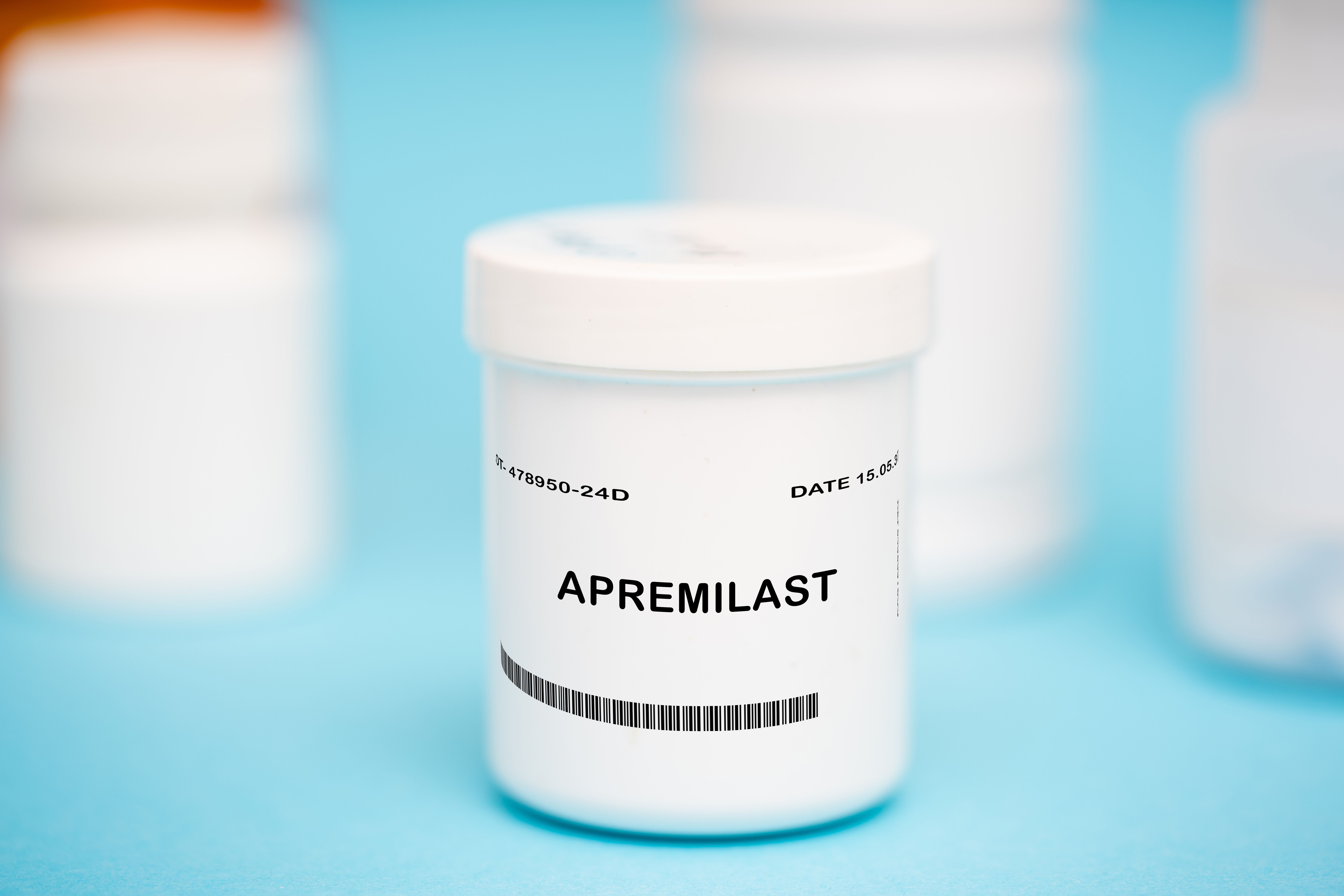- Acne
- Actinic Keratosis
- Aesthetics
- Alopecia
- Atopic Dermatitis
- Buy-and-Bill
- COVID-19
- Case-Based Roundtable
- Chronic Hand Eczema
- Chronic Spontaneous Urticaria
- Drug Watch
- Eczema
- General Dermatology
- Hidradenitis Suppurativa
- Melasma
- NP and PA
- Pediatric Dermatology
- Pigmentary Disorders
- Practice Management
- Precision Medicine and Biologics
- Prurigo Nodularis
- Psoriasis
- Psoriatic Arthritis
- Rare Disease
- Rosacea
- Skin Cancer
- Vitiligo
- Wound Care
Article
MauiDerm 2015: Severe psoriasis may indicate systemic inflammation
Psoriasis goes beyond a skin disease, dermatologists learned at the Maui Derm 2015 meeting this week. Physicians are becoming increasingly aware that severe cases of psoriasis are indications of dangerous systemic inflammation.
Psoriasis goes beyond a skin disease, dermatologists learned at the Maui Derm 2015 meeting this week. Physicians are becoming increasingly aware that severe cases of psoriasis are indications of dangerous systemic inflammation.
“Psoriasis patients are at greater risk of diseases of inflammation, such as hypertension, psoriatic arthritis, and obesity,” says Bruce Strober, M.D., Ph.D., who’s vice chair, associate professor and director of Clinical Trials Unit at the University of Connecticut, in an interview. “Patients with psoriasis may have vascular dysfunction, manifested by atherosclerotic heart disease and stroke. Also, fatty liver disease may be intrinsic to psoriatic disease.”
RELATED: Psychosocial impact of psoriasis: The statistics
It’s unclear, Dr. Strober says, whether psoriasis causes other medical conditions or is part of a larger group of inflammatory diseases that shares genetic and environmental causes.
Diabetes may represent a different type of situation. Psoriasis is an independent risk factor for diabetes that’s separate from others like obesity, says Joel Gelfand, M.D., MSCE, associate professor of Dermatology and Epidemiology at the University of Pennsylvania, in an interview.
“This relationship seems to be specific to psoriasis and not just inflammation in general,” he says, since research suggests those with rheumatoid arthritis aren’t at increased risk of diabetes. However, he says, “the risk of major cardiovascular events and mortality associated with more severe psoriasis is quite similar to the risk of these events in patients with RA, emphasizing the systemic nature of psoriasis.”
There’s some good news: “The new drugs are quite revolutionary,” the University of Connecticut’s Dr. Strober says. Newer drugs that block IL-17 and IL-23 and older drugs that inhibit TNF-alpha and IL-12/23 are making a big difference for patients, he says, and they’re “more effective and safer than older approaches.” However, he says, they’re also much more expensive.
RELATED: Closing gaps in psoriasis research
Meanwhile, doctors shouldn’t forget that psoriasis patients face those high risks of other conditions, the University of Pennsylvania’s Dr. Gelfand says. “Major cardiovascular risk factors such as hypertension are poorly screened for and poorly controlled in patients with psoriasis,” he says. “We need to do better.”
Newsletter
Like what you’re reading? Subscribe to Dermatology Times for weekly updates on therapies, innovations, and real-world practice tips.








